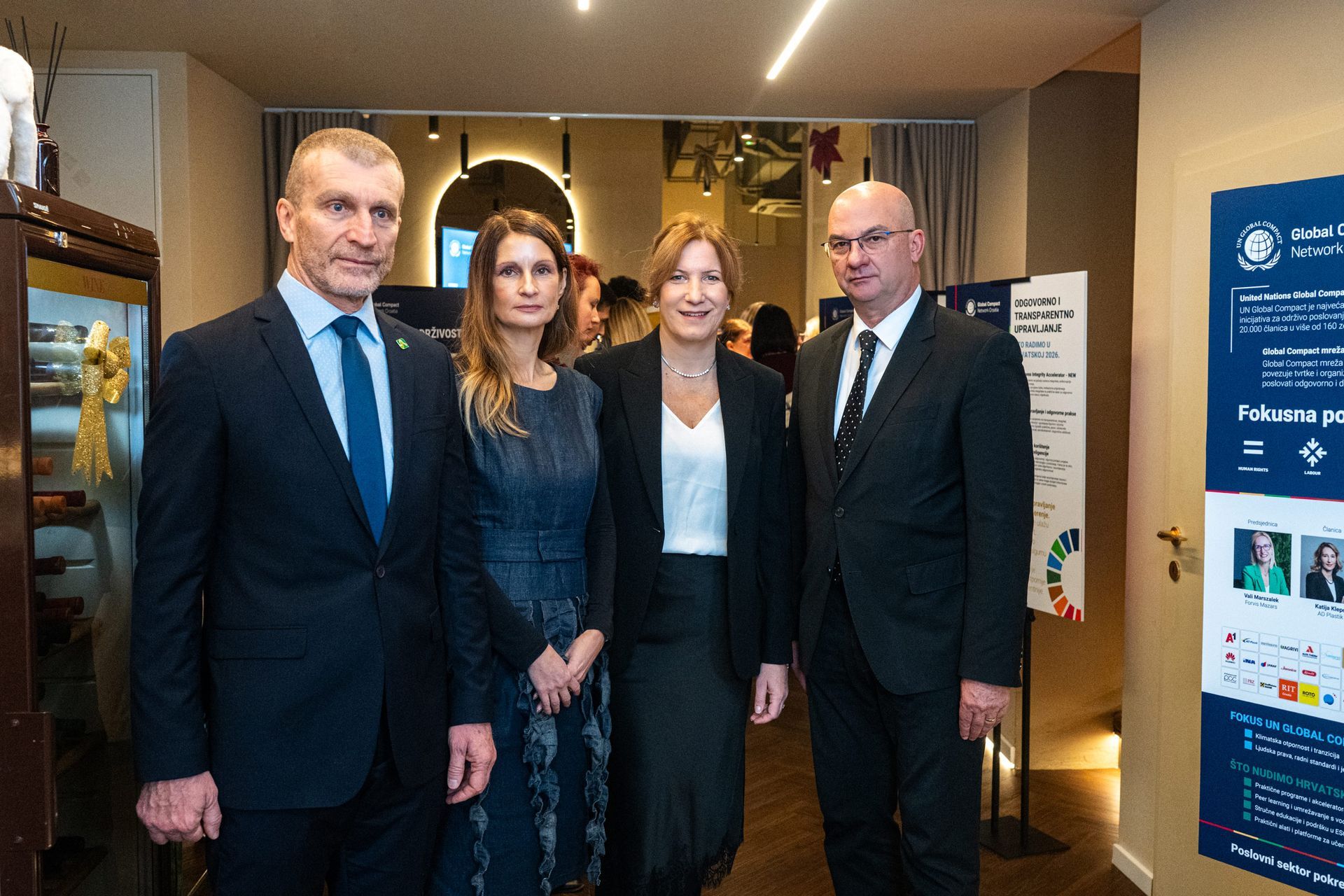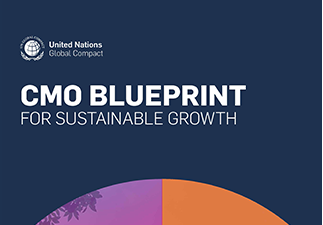Media & Resources






Subscribe to the UN Global Compact Croatia Newsletter






Subscribe to the UN Global Compact Croatia Newsletter
Thank you for subscribing to the UN Global Compact Croatia Newsletter.
Oops, there was an error submiting your subscription form.
Please try again later.
Company
Telecommunications equipment; telecommunications service providers
Company
Automobiles & Parts
Small or Medium-sized Enterprise
Software & Computer Services
Small or Medium-sized Enterprise
Food Producers
Small or Medium-sized Enterprise
Electronic & Electrical Equipment
Company
Diversified
Small or Medium-sized Enterprise
Diversified
Company
Construction & Materials
Business Association Local
Company
Construction & Materials
Small or Medium-sized Enterprise
Media
Professional Business Support Services
Company
Food Producers
Small or Medium-sized Enterprise
Small or Medium-sized Enterprise
Travel & Leisure
Small or Medium-sized Enterprise
Diversified
Company
Small or Medium-sized Enterprise
Company
Finance and credit services
Company
Finance and credit services
Company
Telecommunications equipment; telecommunications service providers
Small or Medium-sized Enterprise
Telecommunications equipment; telecommunications service providers
Company
Travel & Leisure
Company
Oil, gas, & coal
Company
Beverages
Company
Food Producers
Company
Electronic & Electrical Equipment
Company
Food Producers
Company
Technology Hardware & Equipment
Company
Retailers
Small or Medium-sized Enterprise
Diversified
Small or Medium-sized Enterprise
Diversified
Small or Medium-sized Enterprise
Diversified
Small or Medium-sized Enterprise
Chemicals
Company
Diversified
Company
Diversified
Company
Software & Computer Services
Small or Medium-sized Enterprise
Retailers
Small or Medium-sized Enterprise
Software & Computer Services
Company
Food Producers
Small or Medium-sized Enterprise
Diversified
Small or Medium-sized Enterprise
Food Producers
Company
Finance and credit services
Company
Diversified
Academic
Company
Beverages
Company
Diversified
Small or Medium-sized Enterprise
Diversified
Company
Software & Computer Services
Small or Medium-sized Enterprise
Diversified
Small or Medium-sized Enterprise
Industrial Support Services
Small or Medium-sized Enterprise
Software & Computer Services
Company
Company
Retailers
Academic
Company
Travel & Leisure
United Nations Global Compact Network Croatia
Radnička cesta 37A
10 000 Zagreb
+385 91 614 5439
© 2025 United Nations Global Compact Network Croatia | All rights reserved